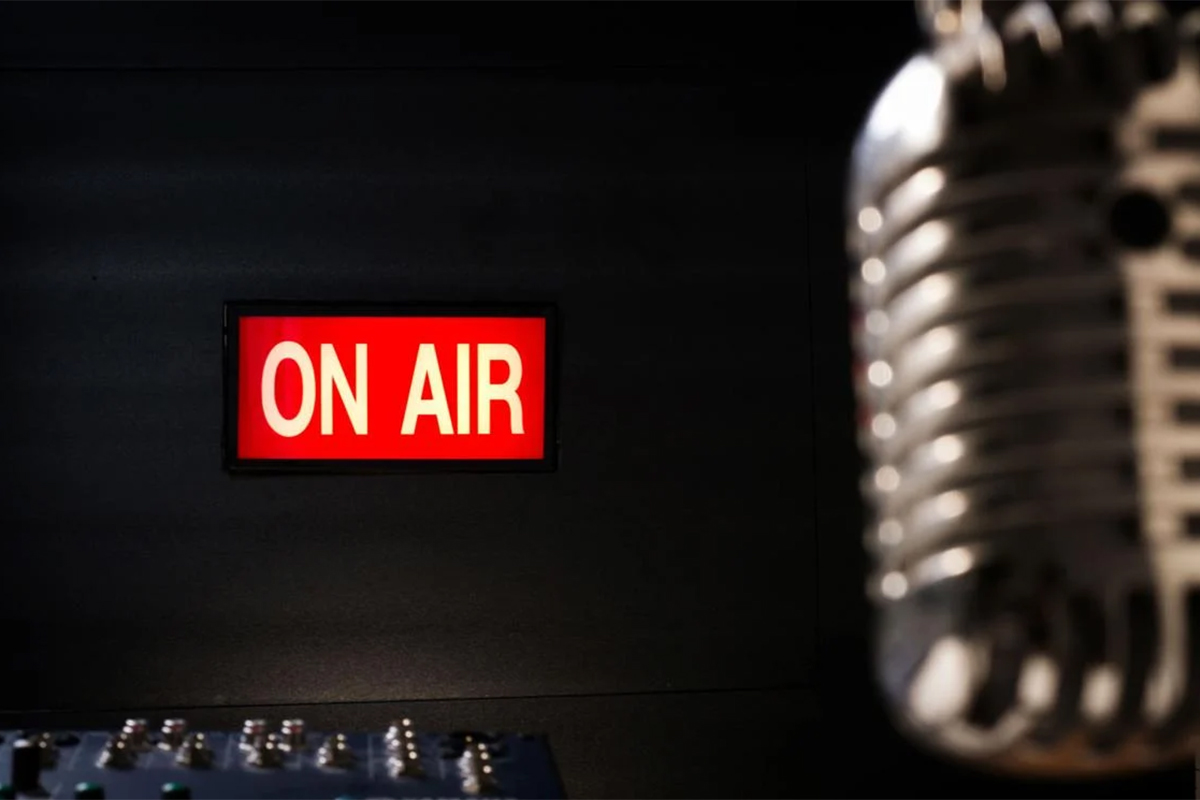Dancehall Producers Voice Discontent Over Radio Ban On Scamming And ‘Molly’ Songs

Thirteen years after the Broadcasting Commission of Jamaica (BCJ) ordered radio stations to stop playing violent musical content on the national airwaves, the State agency has issued another similar directive, this time adding the prohibition of the party drug “molly” and lotto scamming to the mix.
However, the directive has caused a stir amongst some of Dancehall’s younger music producers, who are arguing that the directive issued for an “immediate ban on the playing of music that, among other things, promotes or glorifies lottery scamming, the use of the illicit drug Molly, and illegal guns,” has taken them by surprise.
Following the release of the directive, which was issued by Executive Director Cordell Green, Stephen “Di Genius” McGregor, Rvssian, NotNice, and Romeich, all voiced discontent.
Di Genius, in responding to a post about the BCJ’s directive on Twitter, was sarcastic in his opening comments.
“Yay!! Crime and violence gonna magically stop now. Jamaica the most sample place on earth,” he wrote, then, in response to a query from a follower as to why such songs should “be on public radio”, added: “No one from the younger generation voluntarily listens to the radio in 2022. So imo the move is more of a “look we’re doing something” more than actually trying to do something. & as far as I can remember music has always been the “reason” for everything in Jamaica”.
No one from the younger generation voluntarily listens to the radio in 2022. So imo the move is more of a “look we’re doing something” more than actually trying to do something. & as far as I can remember music has always been the “reason” for everything in jamaica
— Di GENIUS (@DiGenius1) October 11, 2022
McGregor also said the focus will now be on Dancehall music, with other genres with violent content left to be played unfettered.
“& wa Bun mi the most, as it always happens, they gonna Ban the dancehall songs, BUT we still gonna hear all the foreign artist songs with lines about the same thing, on radio every day same way cause anything foreign we good wid,” the GPP producer said.
Artist manager and producer Romeich Major also took to Instagram to voice disapproval, stating that while he understands the general sentiments, and that he himself does not “agree with glorifying guns or any use of any drug at all, we can’t stop the creatives (artistes) from singing about what they see around them or grew around.”
“For example, there are strict regulations against anything sexual (even edited) being played on local radio because children listen to radio…is Jamaica the only country that has children? Because the same children listen to these same songs elsewhere. Ok if that’s the case since you want everything off of radio, what if promoters stop spending money on radio? Cause at this rate no one will be listening to radio soon cause all that will be on radio is international music ONLY so promoters won’t need to advertise there. Then what?” he wrote.
https://www.instagram.com/p/CjlbAkKueUe/
In commenting on Romeich’s post, Rvssian pointed out that radio was irrelevant, as YouTube was what was now predominant in terms of earnings.
“Good thing we don’t need radio anymore. I can’t remember last royalties they paid me. 🤨. YouTube d ting Deh anyway,” he stated, then added: “This is crazy lol. Let’s just ask them to write the songs too”.
Cool Reminder producer NotNice, was also of the same mind as Rvssian.
“Waste of time, tell mi the last song radio buss!” he stated.
Interestingly, Green’s directive which read as if it were a new concept, is not new, as the BCJ, under the signature of then chairman Dr Hopeton Dunn, had issued a similar one on February 20, 2009, prohibiting the “transmission of any recording, live song or music which promotes or glorifies any offence such as murder, rape mob violence and other offences such as arson”.
Green, in additional comments, argued that the “airwaves have to be kept free of harmful content given the important role traditional media still plays as agents of socialisation” and “that the use of the public airwaves to broadcast songs that promote/glorify illegal activity could give the wrong impression that criminality is an accepted feature of Jamaican culture and society.”
In addition, he also noted that media could unwittingly lend support to moral disengagement and further normalize criminality among vulnerable and impressionable youth.
Additionally, he said the directive was “the end product of a wide-ranging process that included focused monitoring, decoding of subculture dialect and urban slangs, deliberations on balancing free expression vis-a-vis protection from harm, and consultations with Industry” and that this approach was necessary given the nuances and peculiarities inherent in content regulation.
The Broadcasting Commission’s full directive on banned music states that:
- Any audio or video recording, live song, or speech which promotes and/or glorifies scamming, illegal use or abuse of drugs (e.g. ‘Molly’), illegal or harmful use of guns or other offensive weapons, “jungle justice” or any other form of illegal or criminal activity.
- Any edited song which directly or indirectly promotes scamming, illegal drugs, illegal or harmful use of guns or other offensive weapons, jungle justice, or any form of illegal or criminal activity. This includes live editing and original edits (e.g. edits by producer/label as well as the use of near-sounding words as substitutes for offensive lyrics, expletives, or profanities.
The broadcast of a sampling of any song which promotes or glorifies scamming, illegal drugs (e.g. ‘Molly’), illegal or harmful use of guns or other offensive weapons, “jungle justice” or any other form of illegal or criminal behaviour is strictly prohibited.
